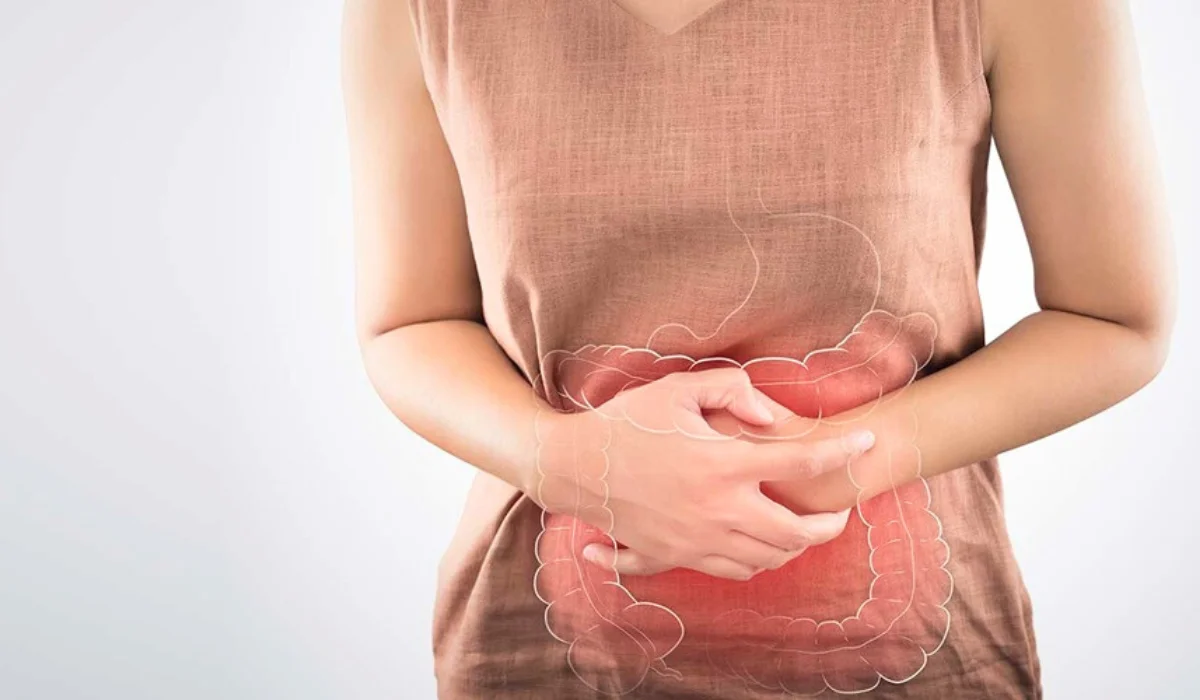In the grand web of human anatomy, these unpredictable crossroads between seemingly disparate psychological functions always inspire wonder. The issue in view here is the possible link between two age-old conditions taken as distinct entities- constipation and chest pain.
This in-depth analysis strives to understand the intricacies of constipation and chest pain revealing psychological elements that may link them together and underlying this relation through sophisticated insights.
What Is Constipation Pain?

To pursue this study it is critical first to understand the nature of constipation itself. Constipation is the most common gastrointestinal problem detected as infrequent stool formation difficulties in passing bowels or feeling that one has not passed a complete motion.
The causes of constipation are usually associated with insufficient fiber in the diet, dehydration, lack of physical activity, or some medication which is assumed to be a localized digestive system problem. But the consequences of constipation can be much bigger than that which affects the surface abdominal but also other aspects of general health.
Read More: Know How To Follow A Healthy Diet And Regular Physical Activities
The Mechanics Of Constipation And Chest Pain
The human organism is connected like a whole so that any change in one part will resonate somewhere else. However, the increased intra-abdominal pressure caused by straining during bowel movements due to constipation can affect the vagus nerve, an important part of regulating various psychological functions such as heart rate and blood pressure.
Vagal Nerve Stimulation and Chest Pain
Going deeper there is the vagus nerve-one of the greatest stars in the parasympathetic nervous system that controls numerous body functions. When stimulated the vagus nerve influences heart function causing changes in heart rates or rhythm. In cases wherein constipation increases pressure on the vagus nerve, it can cause vagal nerve stimulation that may present as transient chest pain or discomfort.
It is crucial to note that these alterations are often temporary. However, the possible association between constipation-induced vagal nerve stimulation and chest pain provides an intriguing dimension to our understanding of the complex interrelationships among various bodily systems.
Indirect Factors
Apart from the direct neural stimulation constipation may cause secondary factors that lead to angina. Since constipation is frequently accompanied by straining and breath control during bowel movements people may involuntarily hold their breath as a consequence. Which may affect the cardiovascular system and cause chest pain sensations.
Also, constipation may require laxatives as a treatment option. However, the inappropriate use of laxatives or the excessive reliance on them can bring side effects to cardiac health. Indirectly chest pain and discomfort can be caused by electrolyte imbalances and dehydration that are often effects of laxative misuse.
The Psychological Component
The pivotal role that psychological factors assume in the interaction between constipation and chest pain is part of an intricate web of mind and body. However chronic constipation often causes frustration anxiety and stress-major factors associated with chest pain. The relationship between mind and body is a strong determining factor of health while psychological well-being has the potential to significantly alter pain perception and experience.
This psychological factor highlights the requirement for holistic development in health. The importance of dealing with mental health in addition to physical symptoms is highlighted for understanding the complicated connection between constipation and chest pain.
Seeking Professional Guidance
While the possible relationship between constipation and chest pain brings an interesting aspect into medical considerations it is necessary to understand these ties systematically. Several other major medical conditions could be behind these symptoms such as cardiac problems, gastrointestinal disorders, or respiratory issues. So patients experiencing chronic or severe acute chest pain should focus on getting immediate medical care to exclude fatal conditions.
A coordinated effort that involves healthcare specialists cannot leave behind in addressing the complexities of chest pain in constipation. Comprehensive medical assessments – physical examinations and diagnostic tests- can clarify the underlying mechanisms that would inform appropriate actions.
Conclusion
The connection between constipation and chest pain provides a hopeful tale in the fabric of human health which reflects on interrelationships within physiological systems. Even though constipation is considered a gastrointestinal problem its far-reaching effects emphasize the importance of understanding bodily systems from a different perspective.
This line of inquiry not only unveils the physiological pathways that may be associated with constipation and chest pain but also highlights the need for a holistic approach to understanding an individual’s health. The interplay of direct factors involving vagal nerve stimulation and secondary effects encompassing psychological stress and pain suggests a more complex scenario that requires additional research and meaningful clinical attention.
Providing people with information about these hypothetical relationships allows them to make considered decisions regarding their lifestyles and promptly seek medical help when necessary. Thus as we continue to understand constipation and its possible connection with chest pain an active and teamwork-centered approach to healthcare is key for overall wellness.

